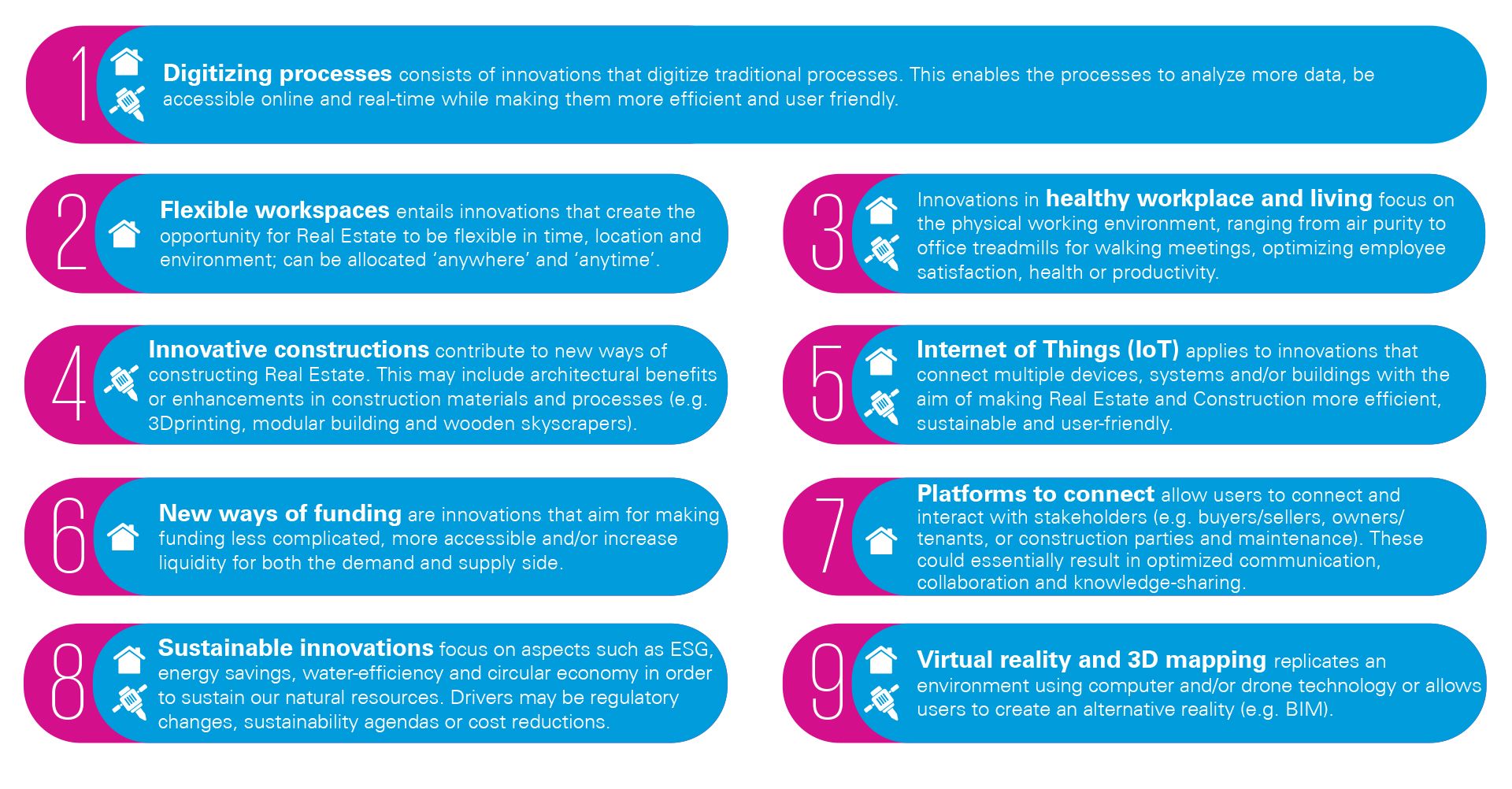KPMG in Greece, utilizing the international knowledge and experience of its professionals regarding the Real Estate and Construction sector, launches the study "The Future of Real Estate & Construction".
The study begins with representative worldwide performance indicators demonstrating how the sector evolves and is reshaped following important events that took place in the last twenty years, i.e. the European Monetary Union, the global economic and European crises and the pandemic period with its unprecedented effects.
Next, the study focuses on the performance of the Greek industry. The pressures that the industry has been dealing with since 2012 are multilayered; low investments and significant reductions in productivity, turnover and staffing are some of them. The turning point for the Greek sector takes place in 2018 signaling the beginning of a new era. Despite the advent of the pandemic, the sector appears resilient and ready to transcend. Positive signs are given by the large-scale investment plans in the fields of logistics, data centers and green constructions. In addition, the project "Ellinikon" along with infrastructure projects such as the Thessaloniki’s Metro, and the Metro line 4 of Athens, the Motorway 90, new ports and airports offer a new and refreshing sector outlook.
The study also cites representative data from the KPMG’s 2021 Global Construction Survey (PDF, 6.5 MB). Among all, a main finding is that the industry is accustomed to coping with disruption and dealing with new challenges. In the survey, 36% of respondents said they were prepared to react to the negative effects of the pandemic, while the vast majority of them (62%) supported that despite the lack of readiness, the reaction of their companies was immediate and laid the foundations for achieving fast recovery. Based on this, Companies and industry stakeholders in general need to understand that they are in an environment of change.
The survey analyzes five main components as "forces of transformation and change”, namely, (a) Demography, (b) Environment, (c) Investment, (d) Technology and (e) Government Policy and links them with new trends and challenges posed by the pandemic such as the significant increase in construction materials, disruption in supply chains and the reduction of office space. Special mention is made of the sector’s innovation. Nine key areas, on which the offer of innovative ideas and services is of interest, have been classified and analyzed in terms of specific challenges and pain points the sector is dealing with.




